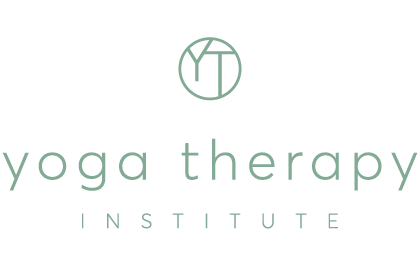Researchers from the University ofKansas Hospital have found that three yoga classes a week can help reduce episodes of irregular heartbeat by almost half and improve the symptoms of anxiety and depression often associated with atrial fibrillation. (Atrial fibrillation is a major cause of stroke, so reducing its occurrence may save lives.)
The 49 patients with atrial fibrillation, ages 25 -70, were new to the practice of yoga. For three months,they were encouraged to continue any type of physical activity they were previously accustomed to doing. The next three months, the patients participated in a supervised yoga program consisting of pranayama breathing exercises, yoga postures, meditation and relaxation. Participants were also given an educational yoga DVD and encouraged to practiceat home every day.
The researchers found that the three-month yoga intervention not only reduced the number of episodes of irregular heartbeat among atrial fibrillation patients, but that yoga also reduced self-reported depression and anxiety scores and improved quality of life scores in the areas of physical functioning, general health, vitality, social functioning and mental health.
According to the study’s lead author, Dhanunjaya Lakkireddy, M.D, “There are currently no proven complementary therapies that are known to help decrease the symptoms of atrial fibrillation in a noninvasive fashion with minimal side effects and reasonable safety and efficacy.”Most treatments are surgically invasive or have unwanted side effects.The only side effects associated with yoga are positive changes as evidenced in the improved quality of life scores after the yoga intervention.
“These findings are important,” Dr. Lakkireddy says, “because many of the current conventional treatment strategies for atrial fibrillation include invasive procedures or medications with undesirable side effects.”
This article is provided courtesy of Amy Weintraub, highly respected Yoga therapist, member of IAYT (International Association of Yoga Therapists) and author, “Yoga for Depression.” http://www.yogafordepression.com

